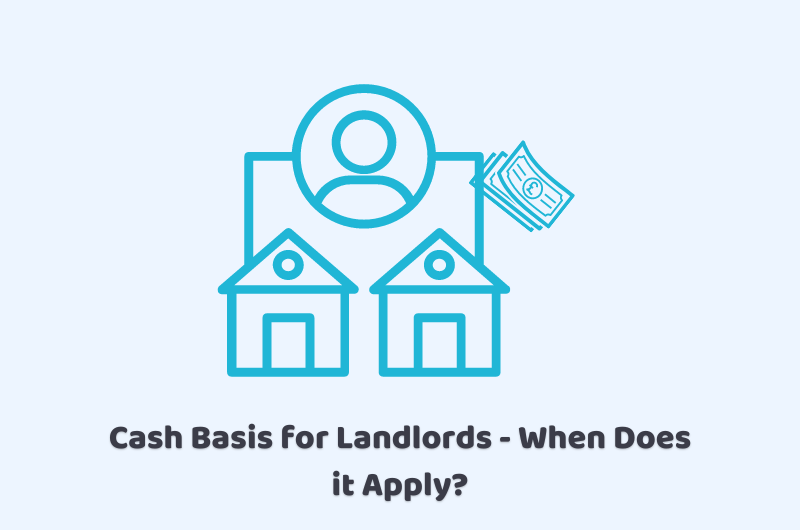01/09/2022Accountants , Landlord , Tax Issues
In the process to be prepared for the tax returns and submissions, there is a need to gather information from the customers as well. In the case of unincorporated businesses, this information will help to know which was the first year for the application of a new cash basis for the landlords. If you aim …
Read more
